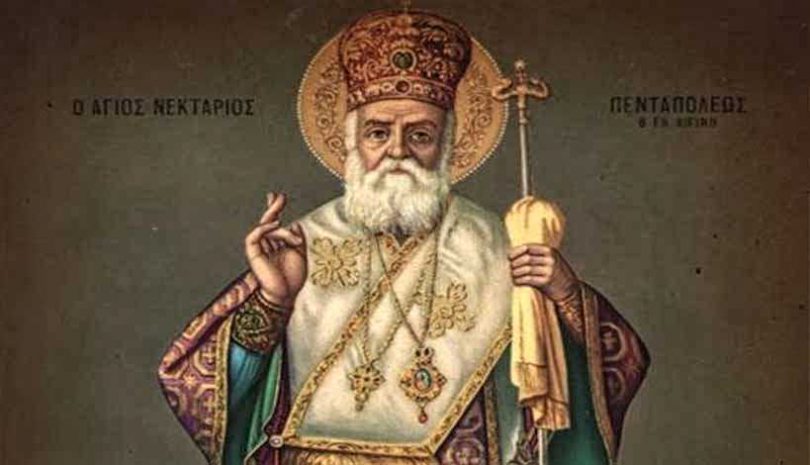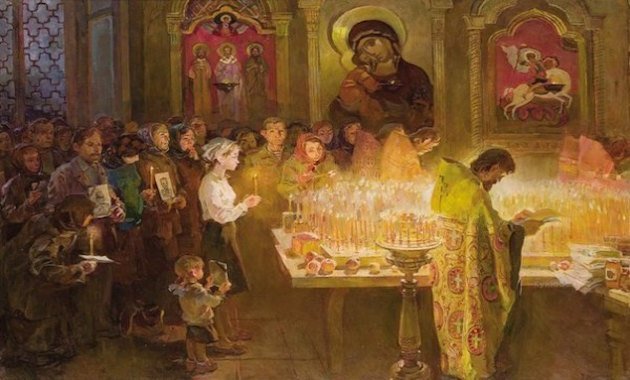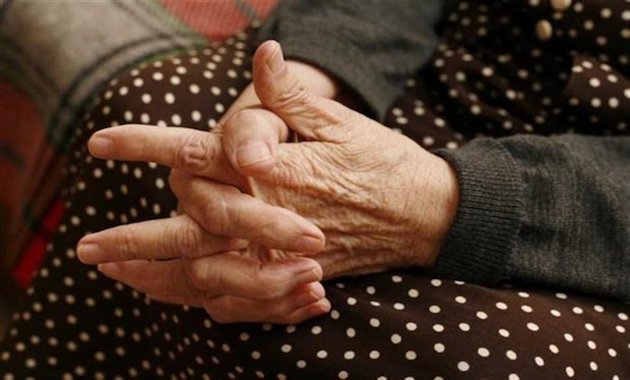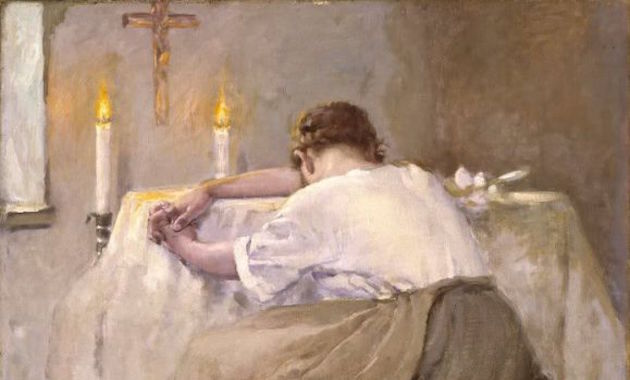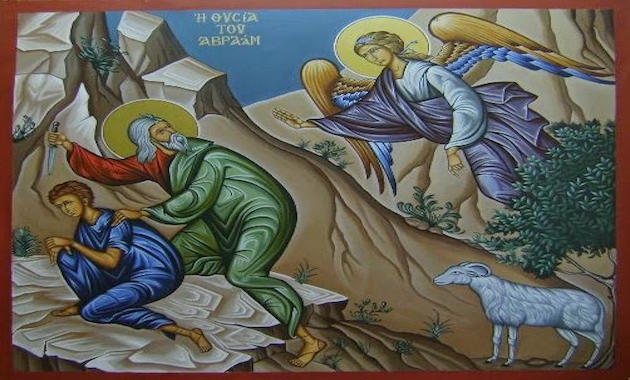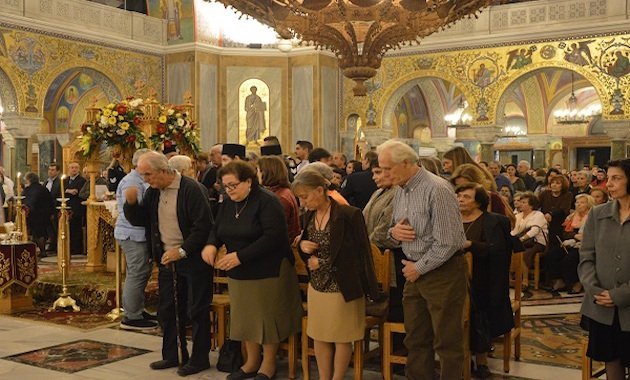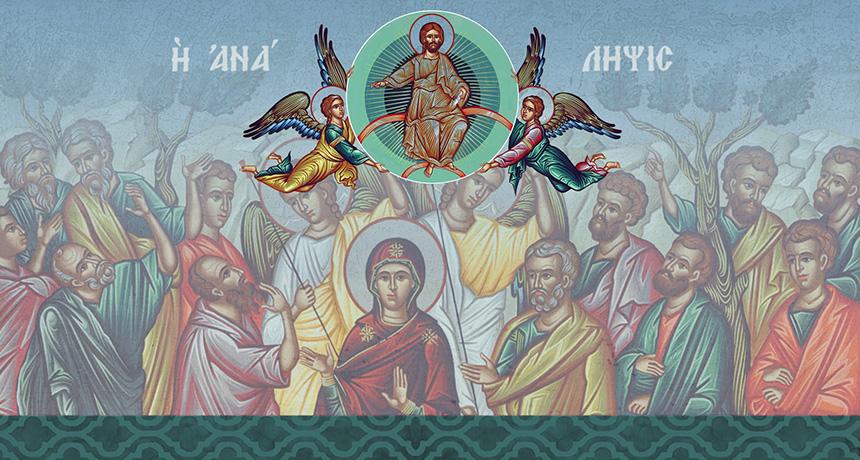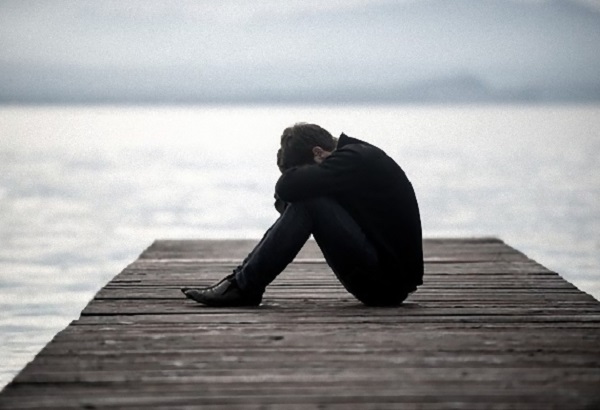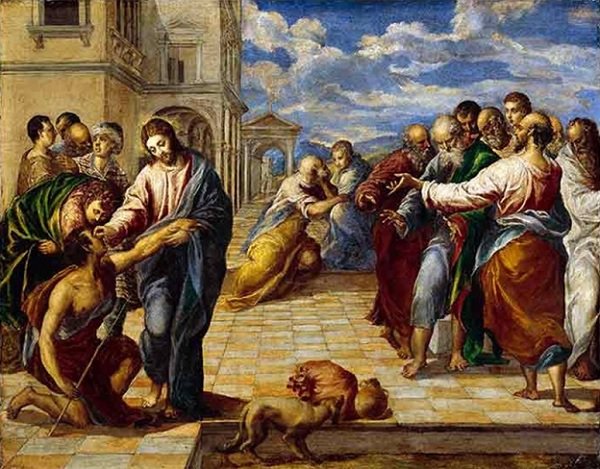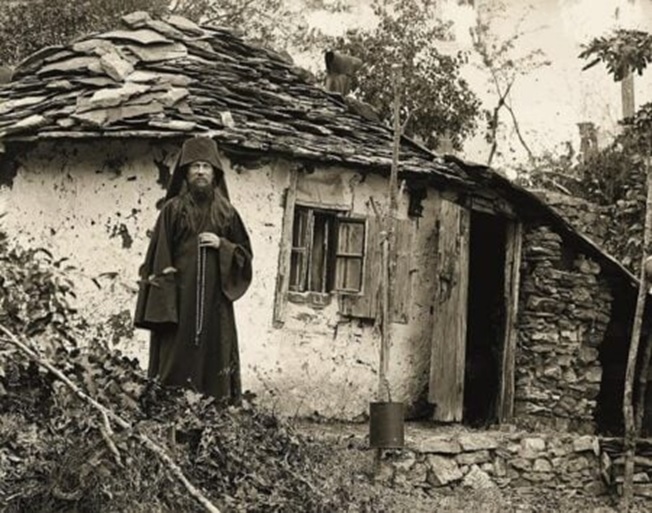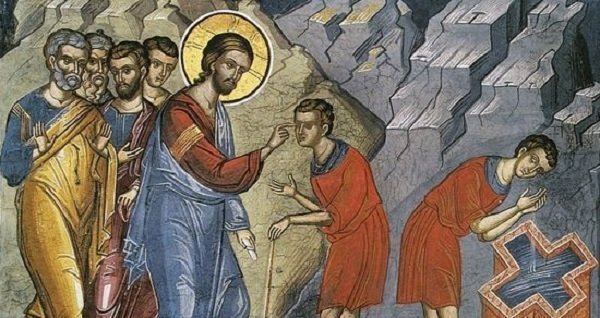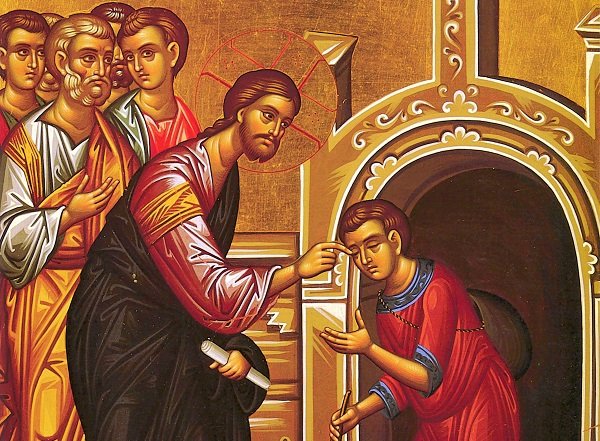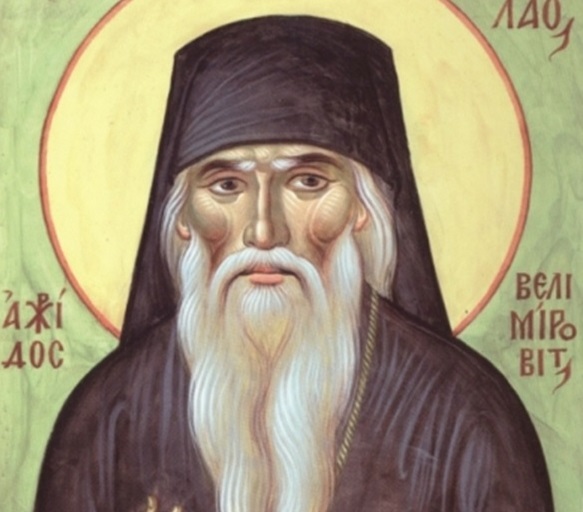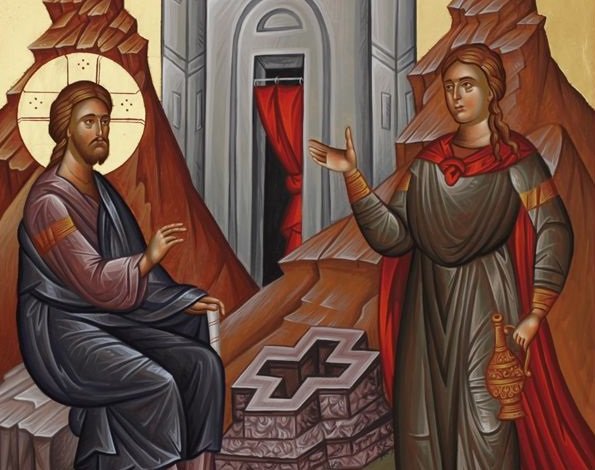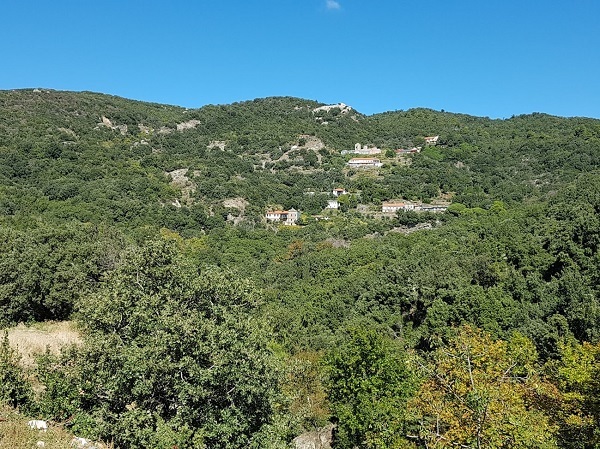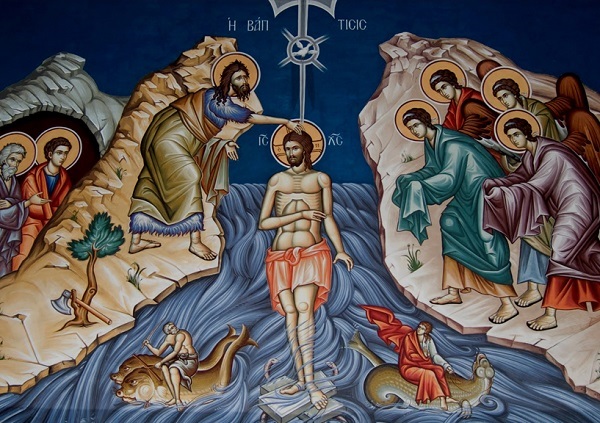We shouldn’t despair when we’re not as we should be. Of course it’s bad to sin. But why do you disrespect God and, in your ignorance, think him weak?
Is he who made this great world for you unable to save your soul? And if you say, ‘That’s probably a condemnation of me, as is his acceptance’, repent and your repentance will be accepted, as was that of the Prodigal (Luke 15, 20) and the Harlot (Luke 7, 47-48).
If you can’t even do this, but continue to sin when you don’t want to, have the humility of the Tax-Collector (Luke 18, 13) and that’s enough for your salvation. Because those who sin without repentance, but also without despair, necessarily place themselves ...
Περισσότερα
